Guide To Taipei City
Taipei City: A Hub of Wealth and Technology
High Caliber Lifestyle and Technological Advancements
Taipei is the Capital of Taiwan and one of Asia’s wealthiest cities, known for its high standard of living. The locals appreciate a high-caliber lifestyle, heavily influenced by advancements in the latest technologies. Taipei is home to industry pioneers in the tech world, such as HTC, Acer, and ASUS, who continually innovate and push the boundaries of the industry. This commitment to technological advancement has helped Taipei maintain its status as a leading city in both wealth and innovation.
Iconic Landmarks: Taipei 101
A Marvel of Modern Architecture
Taipei 101, once the world’s tallest building from 2004 to 2010, remains a prominent symbol of the city’s skyline. Standing at 1,667 feet (508 meters), it is currently the world’s fifth tallest building. Its design incorporates elements of bamboo and traditional pagoda styles, reflecting a blend of modern engineering and cultural heritage. Visitors can enjoy panoramic views from the observation deck, which offers a breathtaking perspective of the city.
Best Times to Visit: Spring and Fall
Optimal Weather Conditions
Taipei has a moist, subtropical climate. Summers can be hot and are often affected by tropical storms. The best times to visit are during spring (March to May) and fall (September to November). In spring, guests can enjoy mild, sunny weather and a city full of blooming flowers. Taipei’s many gardens make this season particularly beautiful. In fall, the weather is cooler with less rainfall, providing comfortable conditions for exploring the city.
Efficient Transportation System
Navigating Taipei with Ease
Taipei boasts an efficient and user-friendly transportation system. The MRT metro system, with its 10 lines, makes it easy to navigate the city. The Taoyuan International Airport is just 20 km from central Taipei, and frequent flights make the city accessible from many international locations. This well-connected transportation framework ensures that visitors can explore Taipei with ease.
Eco-Friendly Travel: YouBike
Affordable and Convenient Biking
Taipei’s economical bicycle share program, YouBike, makes travel light and affordable. In operation since the 2000s, YouBike offers a convenient way to navigate the city. Taipei has dedicated bicycle lanes, ensuring safety for cyclists. The program is cost-effective, promoting eco-friendly travel while allowing tourists to experience the city at a leisurely pace.
Vibrant Street Markets
A Culinary and Cultural Experience
Taipei is renowned for its vibrant street markets, offering a taste of local culture and cuisine. Notable markets include the Raohe Street Night Market, Shilin Night Market, Ningxia Night Market, and Shuanglian Market. These markets feature local cuisine, delicious takeaway options, fresh fruits and vegetables, and a variety of handcrafted products. The Shilin Night Market is the most visited, providing a lively atmosphere and an extensive selection of food and good
Visiting Taipei City
Taipei City, the vibrant capital of Taiwan, is a fascinating blend of traditional culture and modern innovation. This bustling metropolis offers a myriad of experiences, making it a top destination for travelers.
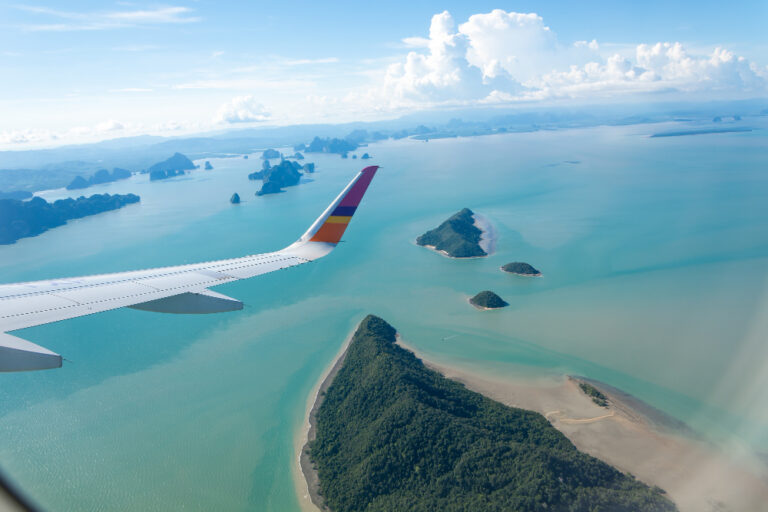
Flights to Taipei
Flights to Taipei are abundant and well-connected from major cities worldwide. Taiwan Taoyuan International Airport is the main gateway. Airlines like EVA Air, China Airlines, and Cathay Pacific offer frequent flights. The airport is about 40 kilometers from the city center, easily accessible via high-speed trains, buses, and taxis.
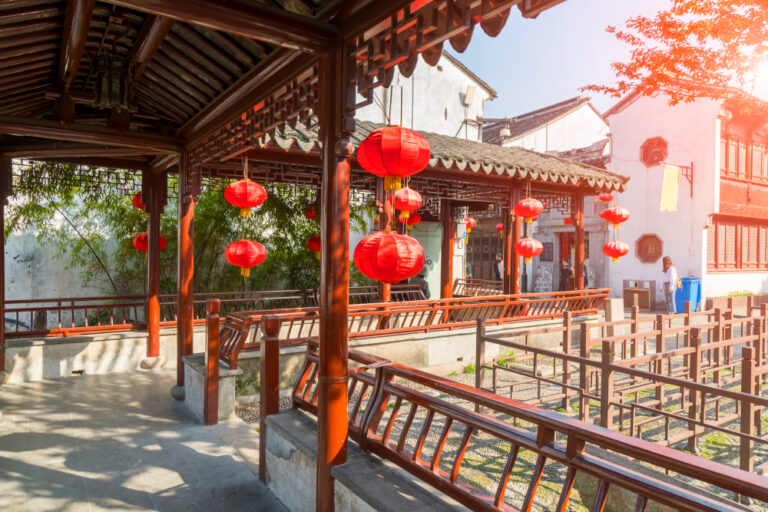
Accommodation Options
Accommodation in Taipei ranges from luxury hotels to budget-friendly hostels. For a lavish stay, consider the Mandarin Oriental or W Taipei. Mid-range options include the Howard Plaza and Taipei M Hotel. Budget travelers can find comfort in hostels like Meander Taipei and Star Hostel. Airbnb also offers a wide variety of choices, catering to all preferences and budgets.
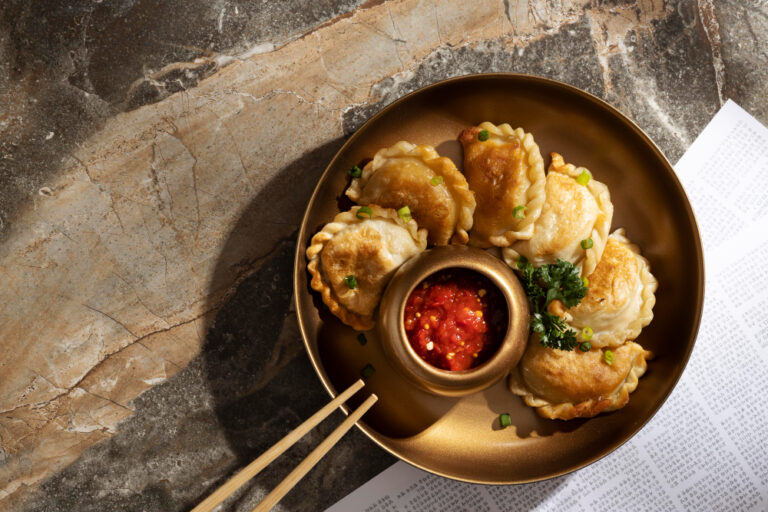
Culinary Delights
Taipei is a food lover's paradise. Street food markets like Shilin and Raohe offer delectable bites such as stinky tofu, xiaolongbao, and bubble tea. Fine dining establishments, including Din Tai Fung and RAW, serve gourmet Taiwanese and international cuisine. Vegetarian and vegan options are also plentiful, with eateries like Ooh Cha Cha and Yu Shan Ge gaining popularity.
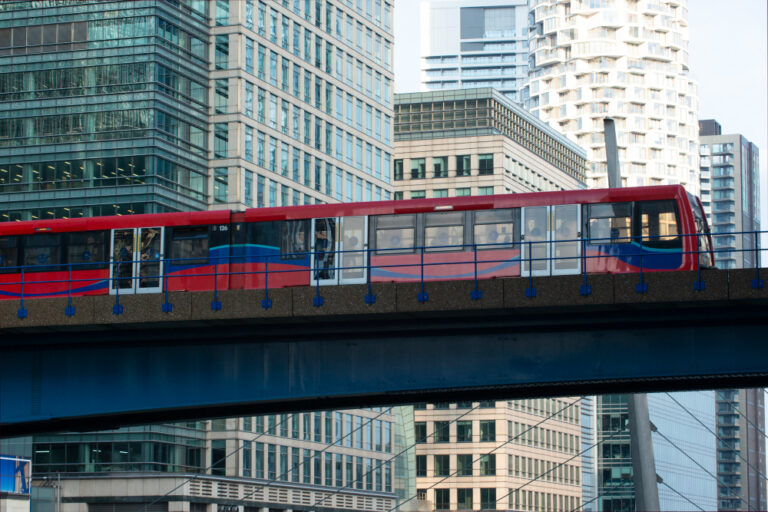
Getting Around
Navigating Taipei is convenient with its efficient public transportation system. The Taipei Metro (MRT) is clean, safe, and covers most tourist attractions. Buses and taxis are also readily available and affordable. For those preferring a more active approach, the city offers a robust bike-sharing program called YouBike, with stations scattered throughout Taipei.
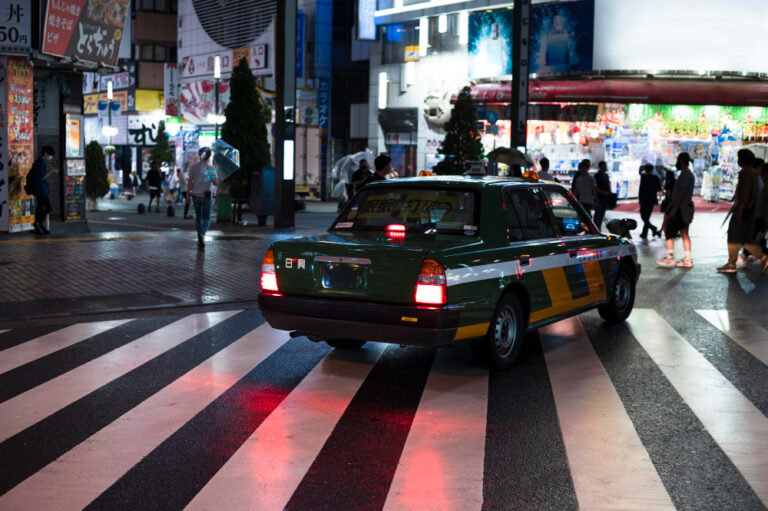
Safety and Services
Safety is a significant concern for many travelers, and Taipei does not disappoint. The city boasts low crime rates and a high level of public safety. Police presence is noticeable, especially in tourist areas. Public services, including hospitals and clinics, are top-notch, offering excellent care. Most service providers, such as hotels and major attractions, have English-speaking staff to assist international visitors.
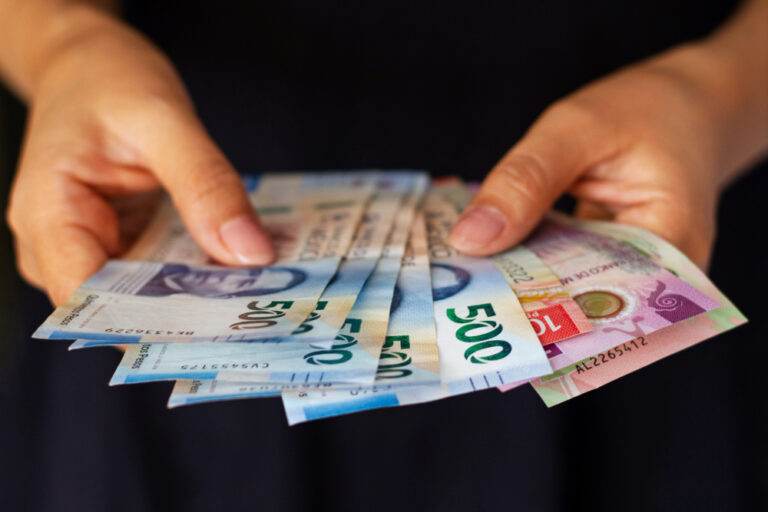
Cost of Living
The cost of living in Taipei is relatively moderate. Meals at local eateries average around $5-$10, while upscale dining can cost $30 or more. Accommodation prices vary widely, with budget hotels starting at $30 per night and luxury options exceeding $200. Transportation is affordable, with MRT rides costing less than $1.50. Entrance fees to most attractions are reasonable, making it a cost-effective destination.
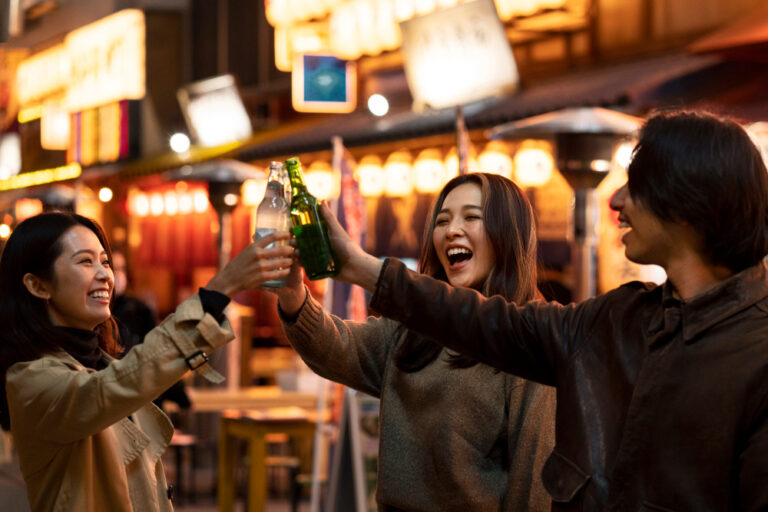
Nightlife and Entertainment
Taipei's nightlife is diverse and vibrant. Ximending, the "Harajuku of Taipei," offers trendy shops, street performances, and cinemas. For a more upscale experience, visit the bars and nightclubs in the Xinyi District. Clubs like Omni and Room 18 are popular among locals and tourists alike. Night markets, such as Shilin and Huaxi, provide an exciting blend of shopping, food, and entertainment late into the night.
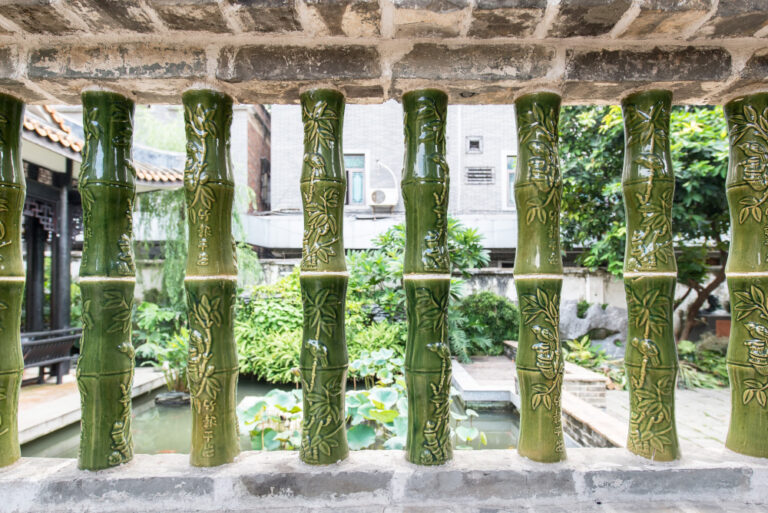
Cultural Attractions
Cultural enthusiasts will find plenty to explore in Taipei. The National Palace Museum houses an extensive collection of Chinese artifacts. Taipei 101, once the world's tallest building, offers stunning views from its observation deck. Temples like Longshan and Baoan provide insight into Taiwan's religious practices. Festivals, such as the Lantern Festival and Dragon Boat Festival, offer unique cultural experiences.
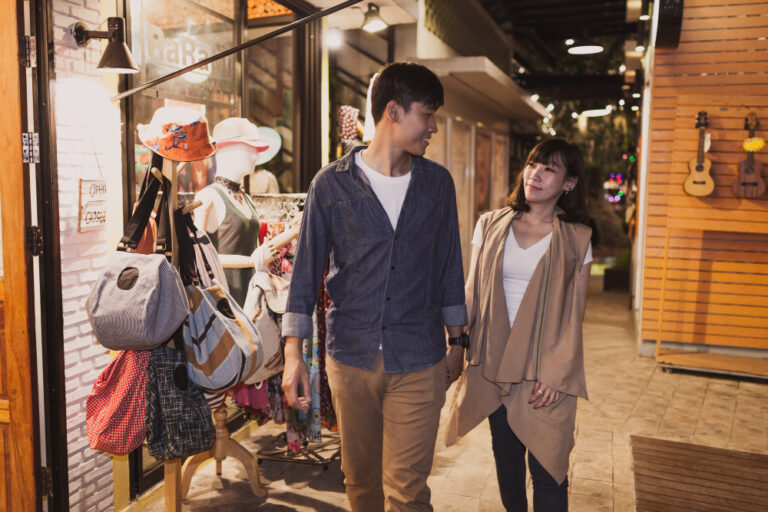
Shopping Destinations
Shopping in Taipei caters to all tastes and budgets. For luxury brands, visit the Taipei 101 Mall or Bellavita. Bargain hunters should explore the night markets or Wufenpu for affordable fashion. Electronics enthusiasts will enjoy Guanghua Digital Plaza, offering a wide range of gadgets and tech accessories. Traditional markets like Dihua Street sell local crafts and delicacies, perfect for souvenirs.
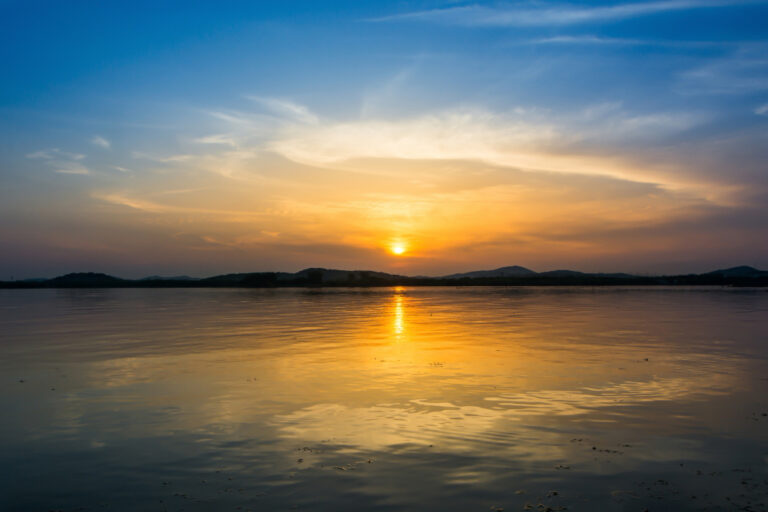
Climate and Best Time to Visit
Taipei experiences a subtropical climate with hot, humid summers and mild winters. The best time to visit is during spring (March to May) and autumn (September to November), when the weather is pleasant and rainfall is minimal. Summer is also a popular time, despite occasional typhoons, due to numerous festivals and events.
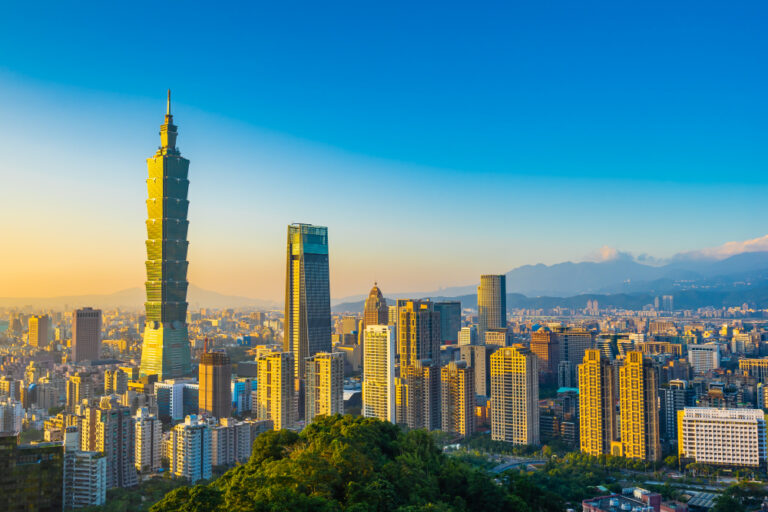
Language and Communication
Mandarin Chinese is the official language of Taipei. However, English is widely understood in tourist areas, hotels, and restaurants. Signage in English is common, making navigation easier for international visitors. Learning a few basic Mandarin phrases can enhance the travel experience and interactions with locals.

Internet and Connectivity
Staying connected in Taipei is easy. Free Wi-Fi is available in many public areas, including MRT stations, airports, and parks. Most hotels, cafes, and restaurants offer complimentary internet access. Visitors can also purchase local SIM cards or rent portable Wi-Fi devices for continuous connectivity.
Some Places to Visit in or Close to Taipei City
Elephant Mountain
Elephant Mountain offers a stunning view of Taipei City. The trail provides a long, scenic walk through lush wilderness, perfect for outdoor enthusiasts and trekking lovers. Numerous stair trails around the mountain cater to both short and long walks. As you hike, you’ll enjoy panoramic city views and may even spot various bird species along the way. The best time to visit is during early morning or late afternoon for breathtaking sunrise or sunset views.
National Palace Museum
The National Palace Museum houses one of the world’s finest collections of Chinese art, jewelry, porcelain, and artifacts. Many items were brought to Taiwan by General Chiang Kai-Shek during the Chinese Civil War. A visit here provides deep insights into the evolution of Chinese culture through the dynasties. Plan to spend at least 3 to 4 hours exploring the museum’s extensive exhibits to fully appreciate the richness of Chinese heritage and artistry.
Longshan Temple
Longshan Temple, established in 1738, is one of Taipei’s most well-preserved and significant temples. Located in the heart of the city, it’s easily accessible via the nearby metro station. The temple is a vibrant and colorful landmark, bustling with tourists admiring the intricate artwork and carvings. Local worshippers can be seen offering gifts, lighting incense, and candles as they follow their spiritual customs. Visiting with a guide is recommended to understand the temple’s historical and cultural significance more deeply.
Beetle Nut Beauties
The Beetle Nut Phenomenon
Beetle Nuts, often called “Taiwanese chewing gum,” are a popular stimulant in Taiwan. When chewed, these nuts produce a red juice that must be spat out. Users often experience a high, comparable to the effect of six cups of coffee or even cocaine. Despite its popularity as one of the world’s most used psychoactive substances, consuming large quantities can lead to serious health issues, including cancer.
Harvesting and Preparation
Beetle Nuts are harvested from tall areca palm trees, which can grow up to 20 meters. After harvesting, “Beetle Nut Beauties” prepare the nuts by wrapping them in Betel leaves and adding flavorings like tobacco, cinnamon, and slaked lime. This process is highly profitable, prompting many Taiwanese farmers to grow Beetle Nuts instead of traditional crops like rice. The preparation and sale of these nuts are a significant part of Taiwan’s agricultural economy.
The Role of Beetle Nut Beauties
Traveling along Taiwan’s roadsides, you will encounter over 60,000 Beetle Nut shops. Inside, women dressed in costumes, lingerie, and heels, known as Beetle Nut Beauties, prepare and sell the nuts. Contrary to initial assumptions, these women are not sex workers but rather sellers whose attire attracts potential customers. Their primary clientele includes construction workers, truck drivers, and night owls, though many women also enjoy Beetle Nuts.
The Culture and Appeal
The appeal of Beetle Nut Beauties extends beyond their attire. The shops often create a lively and engaging environment, making the purchase of Beetle Nuts a unique cultural experience. Some shops even allow limited customer interaction, depending on the business’s rules. This interaction, combined with the stimulant effects of the nuts, makes Beetle Nut shops popular spots for those needing a quick energy boost or a late-night pick-me-up.
Economic Impact
The Beetle Nut industry significantly impacts Taiwan’s economy. The lucrative nature of growing and selling Beetle Nuts has led many farmers to convert their fields from traditional crops to areca palms. This shift highlights the economic importance of Beetle Nuts in Taiwan, as both a cultural staple and a substantial source of income for many families.
Health Concerns
Despite its cultural significance, the health risks associated with Beetle Nut consumption are noteworthy. Long-term use can lead to oral cancers and other serious health conditions. Public health campaigns in Taiwan aim to raise awareness about these risks, encouraging responsible consumption and exploring safer alternatives.
More Places to Visit in or Near Taipei City
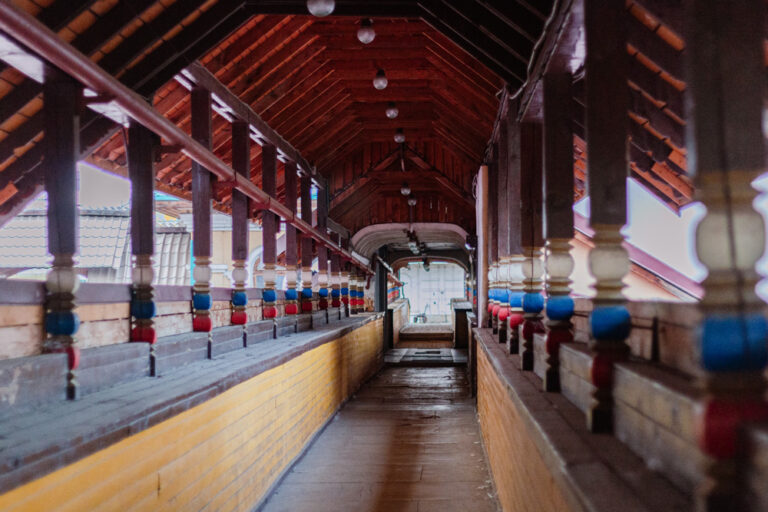
Chiang Kai-Shek Memorial Hall
The Chiang Kai-Shek Memorial Hall is a must-visit landmark in Taipei. You can book a tour for around $50 or visit independently for free. Explore the beautifully landscaped gardens and the impressive building in 1 to 3 hours. Capture a glimpse of history with smiling statues, a museum, and perhaps even witness the changing of the guard ceremony. A souvenir shop is also available for visitors.
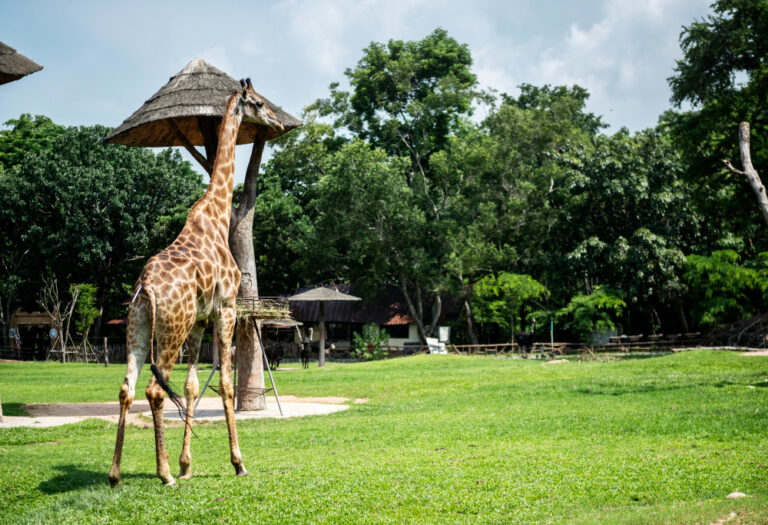
Taipei Zoo
Taipei Zoo is a fantastic destination for animal lovers. A day pass costs around $2, making it an affordable attraction. Managed by the government, your ticket helps support the zoo's upkeep. Facilities include lockers and stroller rentals for convenience. The zoo features various themed areas, including Desert Animals, Rainforest Animals, and African Animals. Plan to spend a whole day exploring at a leisurely pace. Avoid public holidays and weekends to enjoy a less crowded experience.
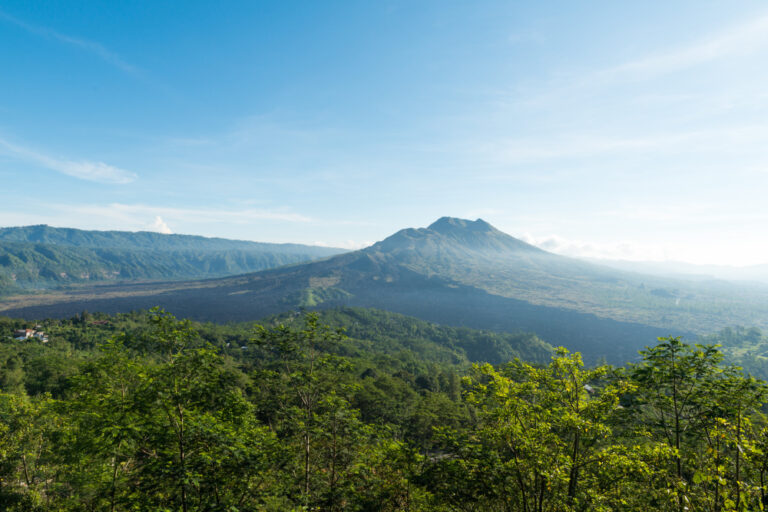
Yangmingshan National Park
Yangmingshan National Park offers some of the freshest air and stunning natural beauty. Visit during the flowering season to see exclusive Taiwanese flora. The park boasts waterfalls, ponds, volcanic geysers, fauna, and cherry blossoms. Accessible by bus, the park has information posters and maps to guide you. The picturesque scenery of Yangmingshan will leave a lasting impression on any visitor.
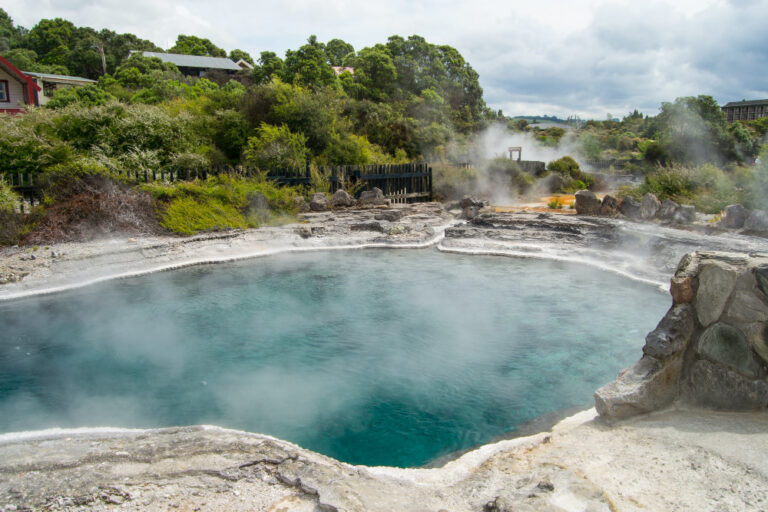
Beitou Hot Spring
Beitou Hot Spring is a luxurious retreat perfect for relaxation. The hot spas range from 30°C to 40°C, with a cold pool also available. Weekdays and work hours are the best times to visit to avoid crowds. Many hotels in the area offer private hot spring facilities, allowing you to enjoy the therapeutic waters in privacy. The hot springs are an ideal way to unwind after a day of sightseeing.
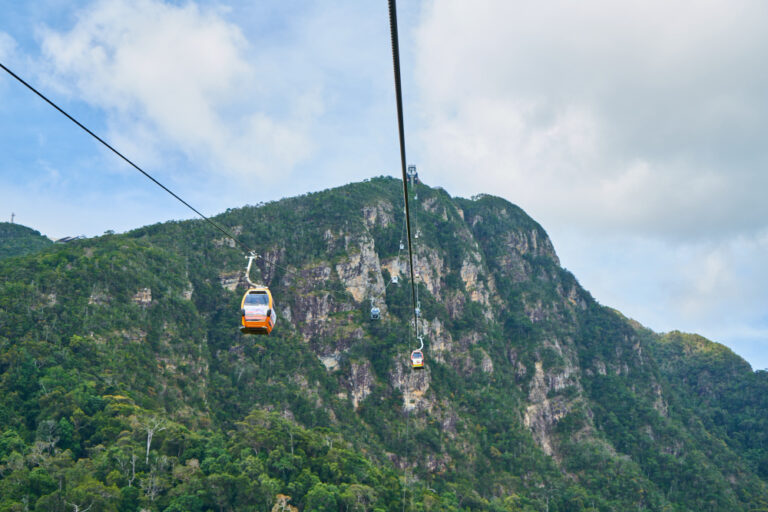
Maokong Mountain
Maokong Mountain offers breathtaking views and a unique experience. Choose between a glass-floored gondola ride, providing views of the forest floor, or a shuttle bus to the top. The gondola departs from a metro station near Taipei Zoo, making it easy to combine both activities in one day. The scenic journey and panoramic views make Maokong Mountain a memorable visit.
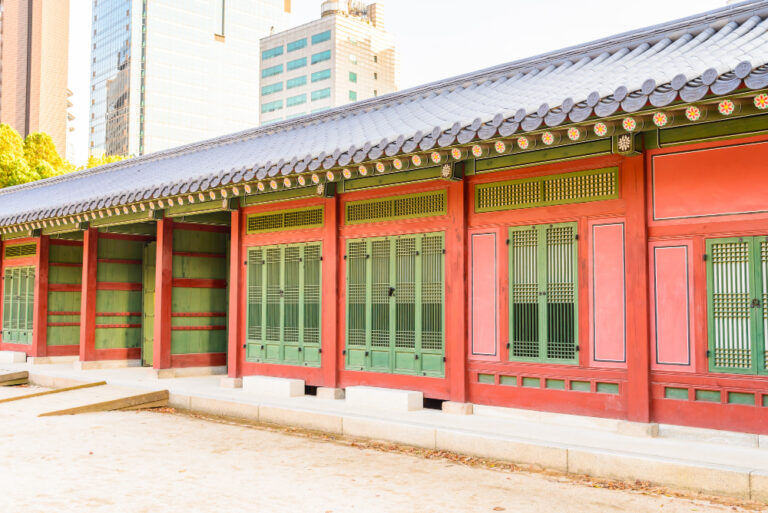
WenMeng Building Former Brothel
WenMeng Building, established in 1925, was part of Taipei's former red light district. Located on Guisui near Ningxia intersection, it closed in 1997 when sex work was outlawed. The building is preserved as a city heritage site and now functions as a museum. It retains its 70s appearance, offering insight into the lives of former workers. The WenMeng Building provides a unique historical perspective on Taipei's past.
What are the must-visit landmarks in Taipei City?
Top landmarks include Taipei 101 for panoramic views, Chiang Kai-Shek Memorial Hall for history, and Longshan Temple for its stunning 18th-century architecture.
Which night markets should I visit for the best street food?
Shilin Night Market is the largest, offering fried chicken and bubble tea. Raohe Night Market is famous for pork pepper buns. Both are vibrant and affordable.
Where can I experience Taipei’s youth culture?
Ximending, dubbed the “Harajuku of Taipei,” is a bustling district with trendy shops, street art, and nightlife, perfect for soaking up youthful energy.
What’s a top outdoor activity in Taipei?
Hike Elephant Mountain for a 20–30-minute trek with stunning sunset views of Taipei 101 and the city skyline. Bring mosquito repellent!
Are there unique cultural spots to explore?
Huashan 1914 Creative Park, a former winery, offers pop-up shops, art exhibits, and cafes, blending Taipei’s historic and creative vibes.

We write rarely, but only the best content.
Please check your email for a confirmation email.
Only once you've confirmed your email will you be subscribed to our newsletter.
